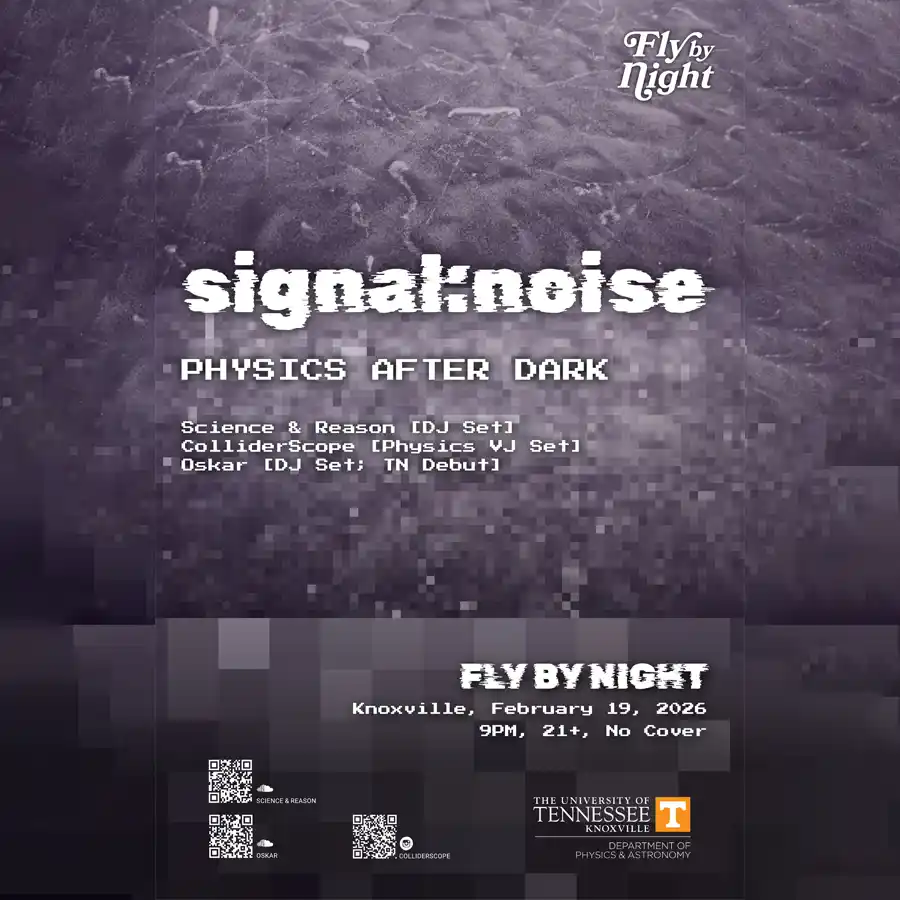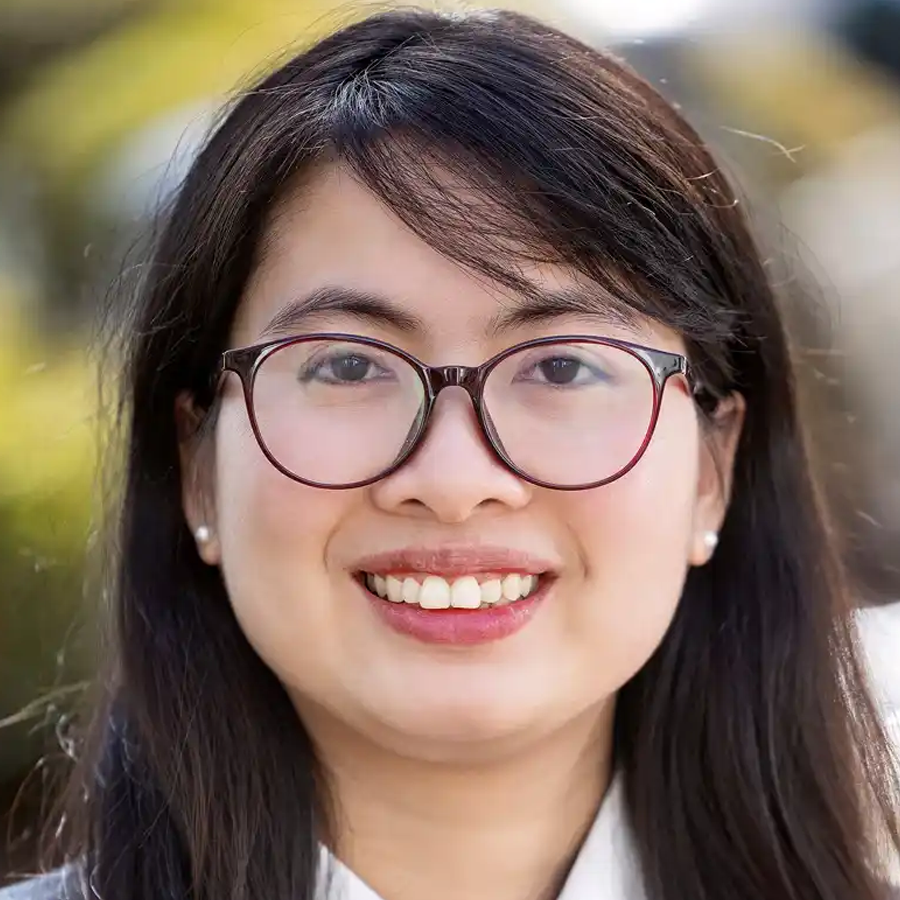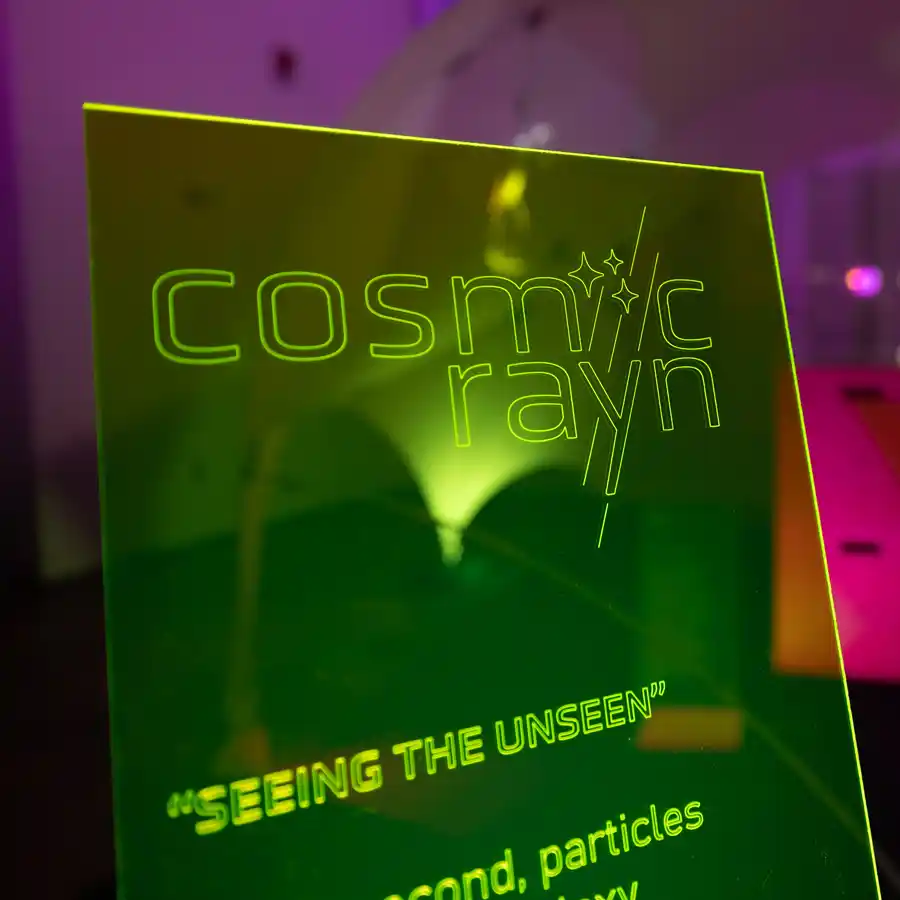Department of Physics & Astronomy
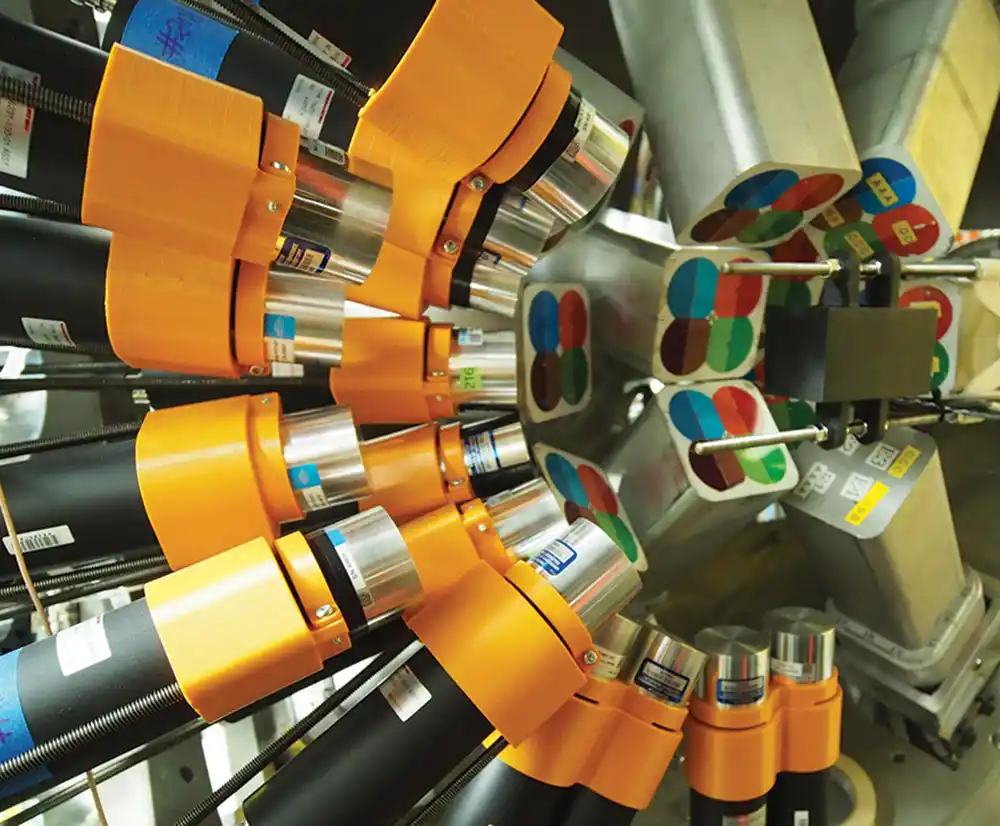
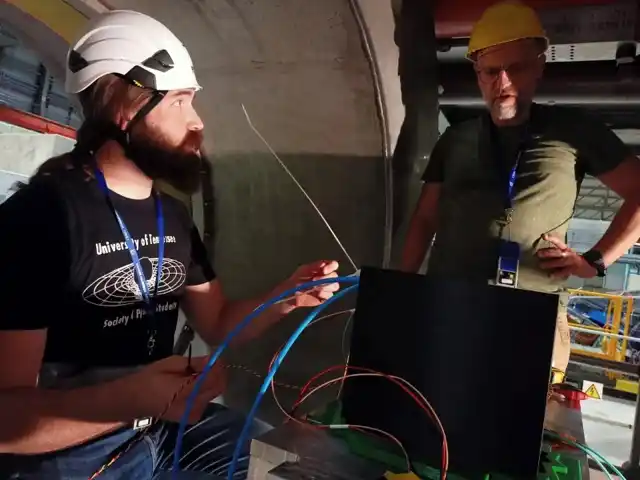
Welcome!
Physics and Astronomy at the University of Tennessee, Knoxville, is where fascination meets function. We explore the deep questions of the universe and provide the scientific foundation for discovery that yields the technologies in your pocket, and those of tomorrow.
Our department is driven by an engaged faculty pursuing fundamental research and eager to develop the next generation of scientists.
Our physicists helped put our state on the periodic table, study multi-messenger astronomy and explosive stellar events, and search for new physics at CERN. They describe the properties of nuclei and neutrons and test the limits of superconductivity with new models and novel materials. They merge physics and biology at the cellular level with lab-on-a-chip devices. They’re building an interdisciplinary approach to lead transformative research on quantum materials and devices, information science, and artificial intelligence.
Our students have a breadth of research opportunities on campus, at nearby Oak Ridge National Laboratory, and at facilities all over the world to set them on the path to promising careers.
Colloquium Schedule
Hybrid Magnon–Phonon Excitations in Quantum Magnets
February 16, 2026
Speaker: Xiaojian Bai, Louisiana State University
Host: Haidong Zhou
Abstract
The Muon Magnetic Moment with Lattice QCD
February 23, 2026
Speaker: Luchang Jin, University of Connecticut
Host: Chien-Yeah Seng
Abstract
Sowjanya Gollapinni, Los Alamos National Laboratory
March 2, 2026
Speaker: Sowjanya Gollapinni
Host: Stefan Spanier
Abstract
